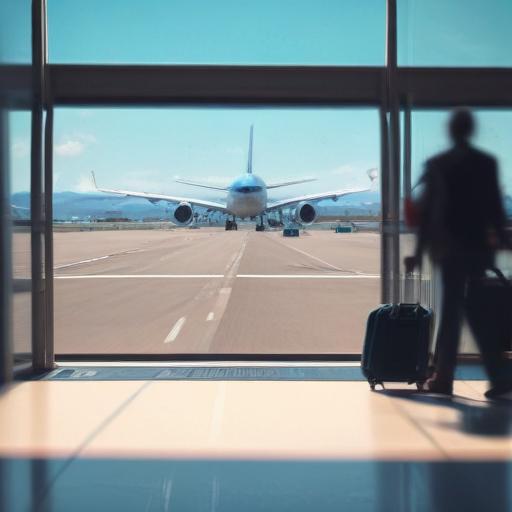Newark Liberty International Airport has faced significant disruptions in recent days, resulting in hundreds of flight delays and cancellations. The turmoil has prompted Senate Minority Leader Chuck Schumer to call for a full Inspector General investigation to ascertain the contributing factors and prevent similar issues across the country’s airports.
Several interrelated challenges are plaguing Newark. Air traffic controller staffing shortages, aging technology, inclement weather, and the ongoing closure of a critical runway for repairs have compounded the difficulties. On Monday alone, 424 flights were delayed and 160 were canceled, according to FlightAware. The following day, delays persisted with approximately 340 flights affected and 114 cancellations.
The Federal Aviation Administration (FAA) initiated a ground delay program due to heavy congestion, causing estimated delays of over four hours for arriving flights. Experts attribute a substantial portion of the staffing issues to longstanding air traffic controller shortages, which have continued to worsen over recent years.
The history of air traffic controller shortages dates back to events like the midair collision in January, which heightened concerns about the state of air traffic control systems. The FAA is currently addressing staffing challenges, including implementing recruitment and retention incentives, but filling these skilled positions remains a formidable task.
Additionally, outdated technology has been highlighted as a significant concern. Experts say that the air traffic technology currently used is difficult to upgrade and has become obsolete, slowing down air traffic management. There is a pressing need for modernization of the air traffic control system, which some officials argue has been neglected by recent administrations.
Despite these challenges, aviation safety experts maintain that passenger safety is not at risk. The FAA has emphasized that while delays reduce airport capacity, they do not compromise aircraft safety. With trained air traffic controllers and pilots overseeing operations, the safety of air travel remains a priority.
Passengers traveling through Newark are advised to plan ahead, monitor airline travel advisories, and consider alternative routes and direct flights to avoid potential disruptions. The ongoing issues forecast a challenging season ahead, but proactive measures can help mitigate the impact on travelers.
As the aviation industry contemplates long-term solutions, there remains hope that increased recruitment efforts and infrastructure modernization can eventually restore smoother operations at Newark and other airports nationwide.
